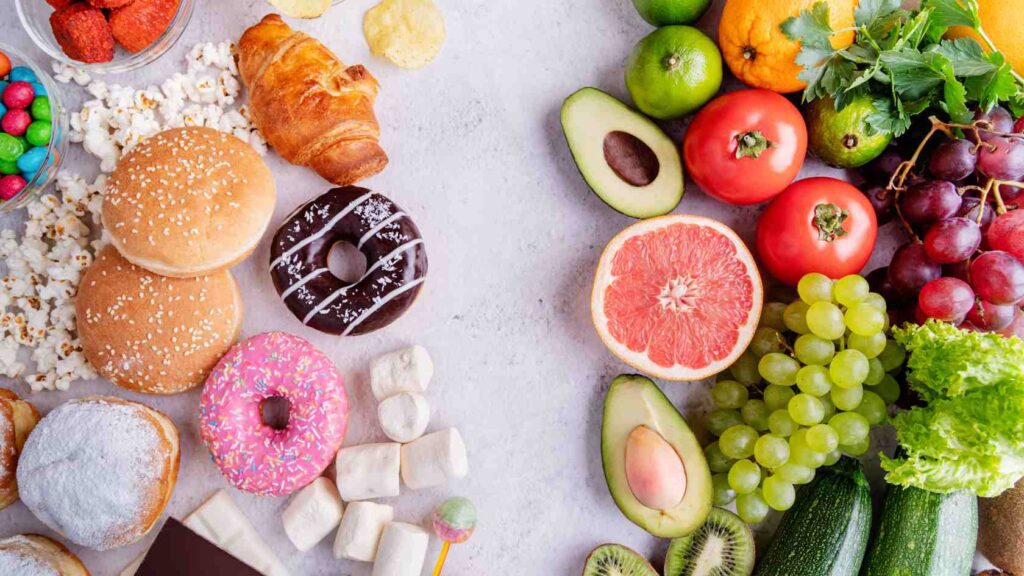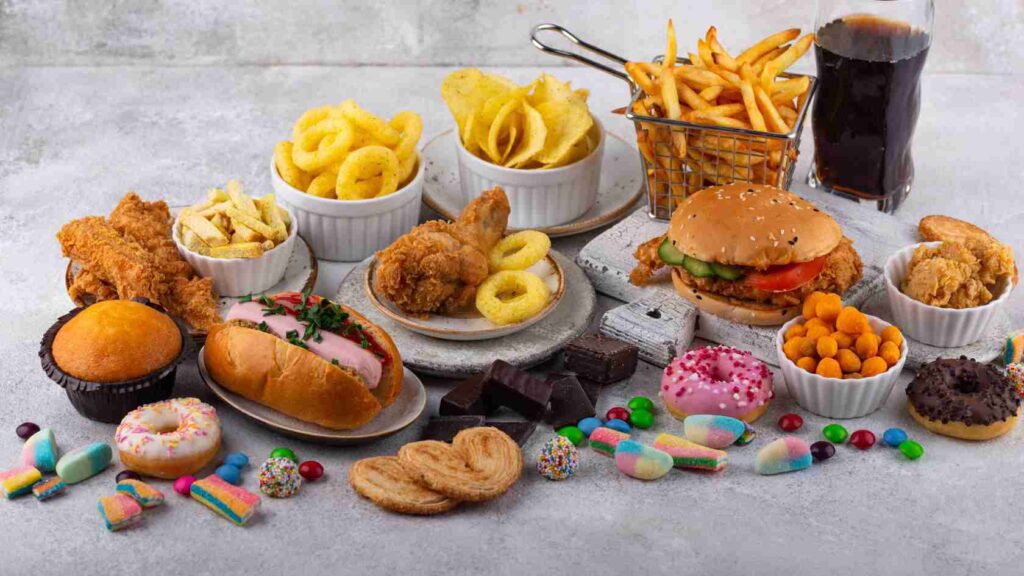Ultra-processed foods have been a hot topic in recent years, as more people become aware of their impact on health and well-being. But with all the information out there, it can be challenging to separate fact from fiction. In this blog post, we’ll address some of the most frequently asked questions about ultra-processed foods and provide you with a comprehensive understanding of what they are, why they matter, and how to make healthier choices.
What are Ultra-Processed Foods?
Ultra-processed foods are products that have undergone extensive processing and contain a myriad of artificial additives, preservatives, and flavour enhancers. They are usually highly palatable, convenient, and have a long shelf life. Think of items like sugary cereals, packaged snacks, fast food, and soft drinks. These products are typically far removed from their natural source and are often made from refined ingredients like sugar, oils, salt and additives.
Are Ultra-Processed Foods Harmful?
Yes, there is a growing body of evidence that suggests a strong link between ultra-processed foods and a range of health problems. Consuming these foods regularly has been associated with obesity, heart disease, diabetes, and some types of cancer. They are typically high in calories, sugar, unhealthy fats, and sodium while being low in essential nutrients like vitamins, minerals, and fibre. Their addictive taste and convenience can also lead to overconsumption.
Why Are UPFs So Popular?
Ultra-processed foods are popular because they are designed to be highly palatable, convenient, and can be inexpensive. They are often engineered to trigger the brain’s reward centres, making them difficult to resist. Busy lifestyles and marketing strategies from the food industry also contribute to their widespread consumption.
How Can I Identify UPFs?
Identifying ultra-processed foods can be relatively simple. Look for these telltale signs:
- A long list of ingredients with many unpronounceable names.
- Ingredients that you will not find in your baking cabinet.
- Excessive use of sugar, unhealthy fats, and salt.
- Products that are ready-to-eat, pre-packaged, or fast food.
- Foods with a long shelf life.
- Items that have little to no resemblance to their natural form.

How Can I Reduce Ultra-Processed Foods in My Diet?
Reducing ultra-processed foods in your diet is a positive step for your health. Here are some tips to help you make healthier choices:
- Cook more at home: Preparing your meals from whole ingredients allows you to control what goes into your food.
- Baking at home: home-baked treats and goodies will contain less food additives than shop-bought and you have control over the amount of sugar that goes into them.
- Read food labels: Check for the list of ingredients and nutritional information. Aim for products with fewer additives.
- Choose whole foods: Opt for fresh fruits, vegetables, whole grains, lean proteins, and healthy fats.
- Limit fast food and takeout: These are often loaded with ultra-processed ingredients.
- Gradual change: Do not try to eliminate ultra-processed foods entirely at once. Small changes over time can make a big difference.
In a world where ultra-processed foods are readily available and heavily marketed, understanding their impact on your health is crucial. While indulging in them occasionally is okay, making a conscious effort to reduce their consumption can significantly improve your overall well-being. By choosing whole, unprocessed foods, you’ll be taking a significant step towards a healthier and more balanced diet. Remember, your body deserves the best, so give it the nutrients it needs to thrive.
If you are interested in learning more about how what we eat can impact on our health and wellbeing, join our BTEC Diploma in Professional Nutrition & Health Coaching and start your journey to to a more healthful life for you and your loved ones.











